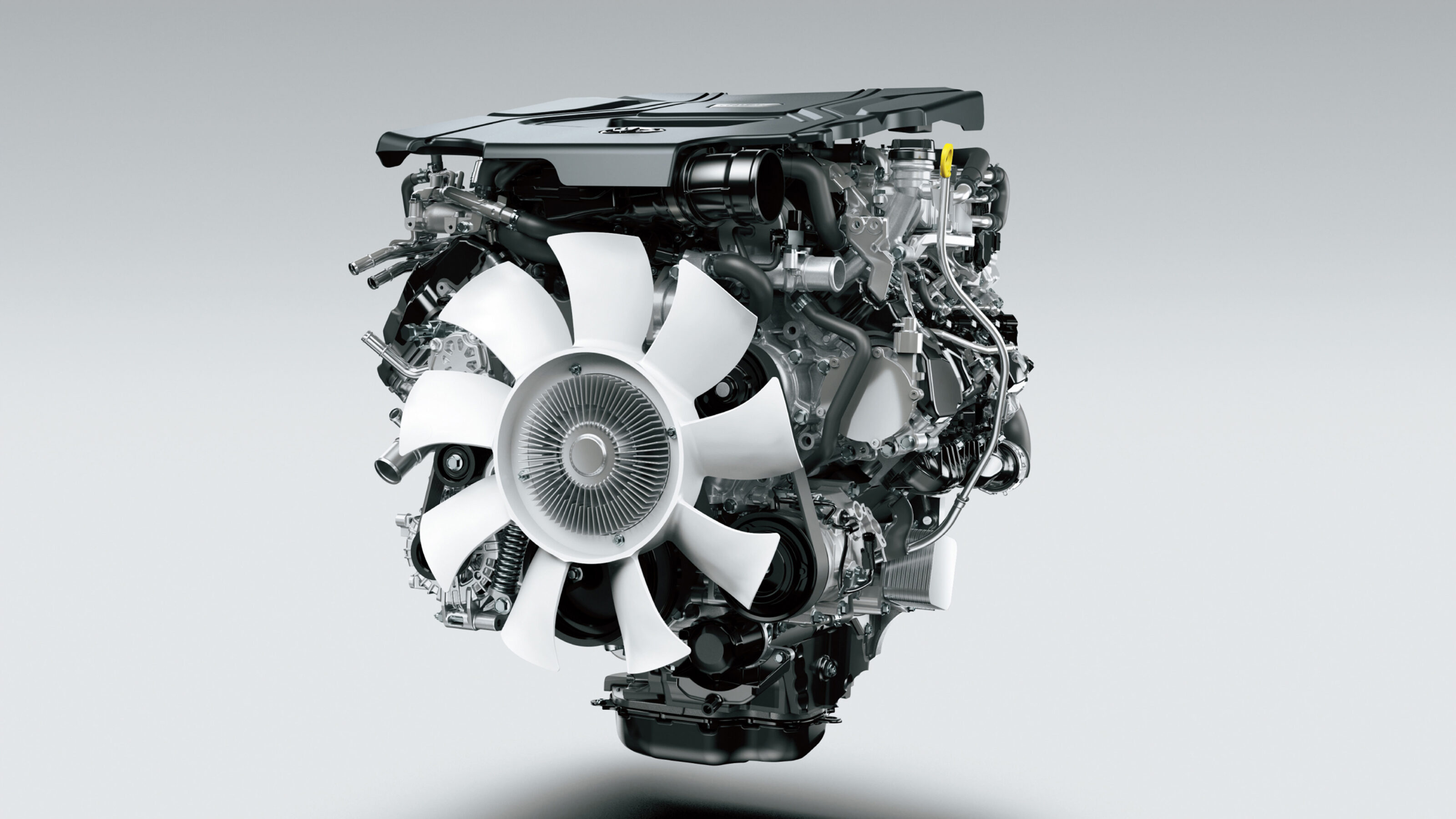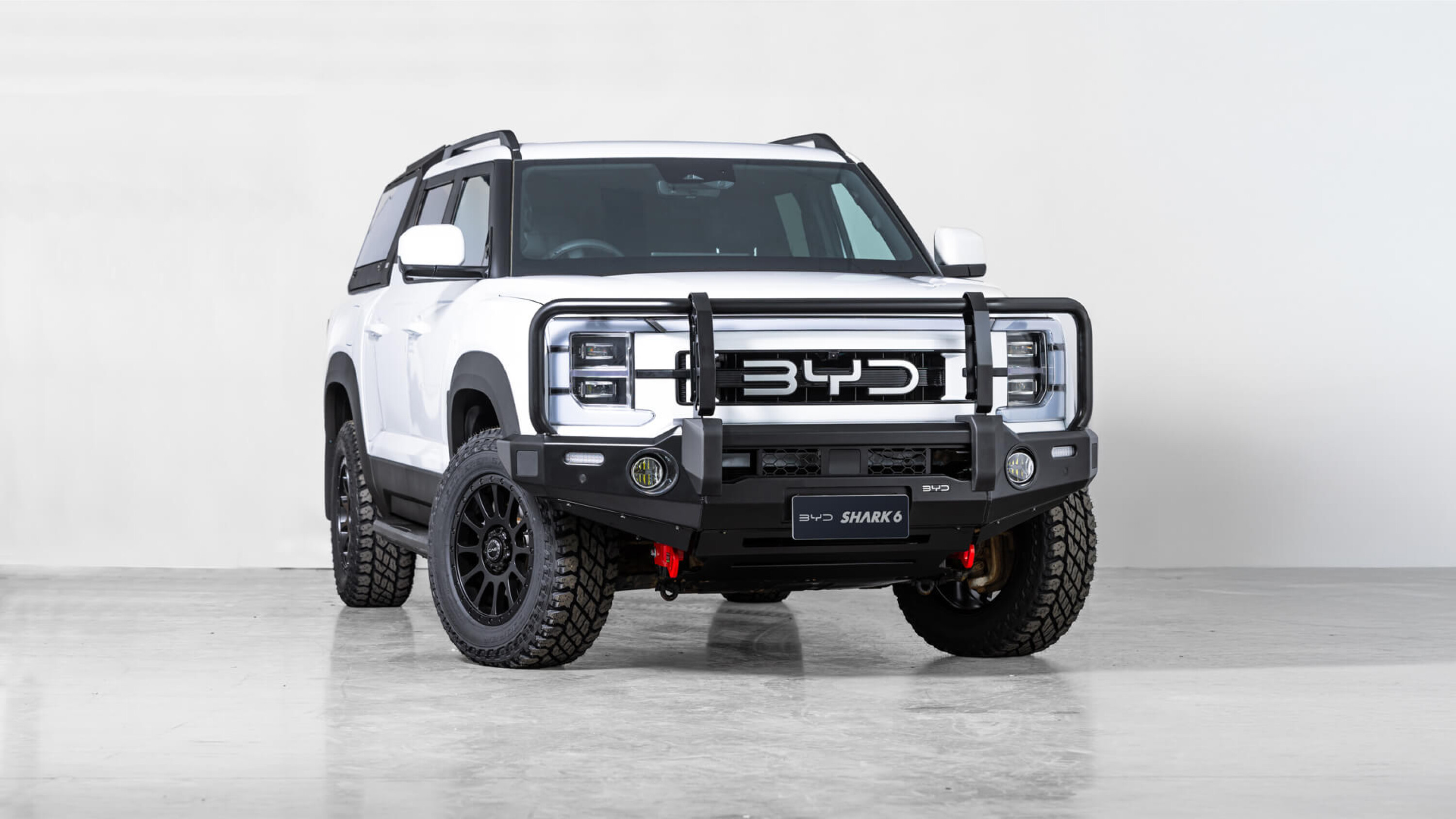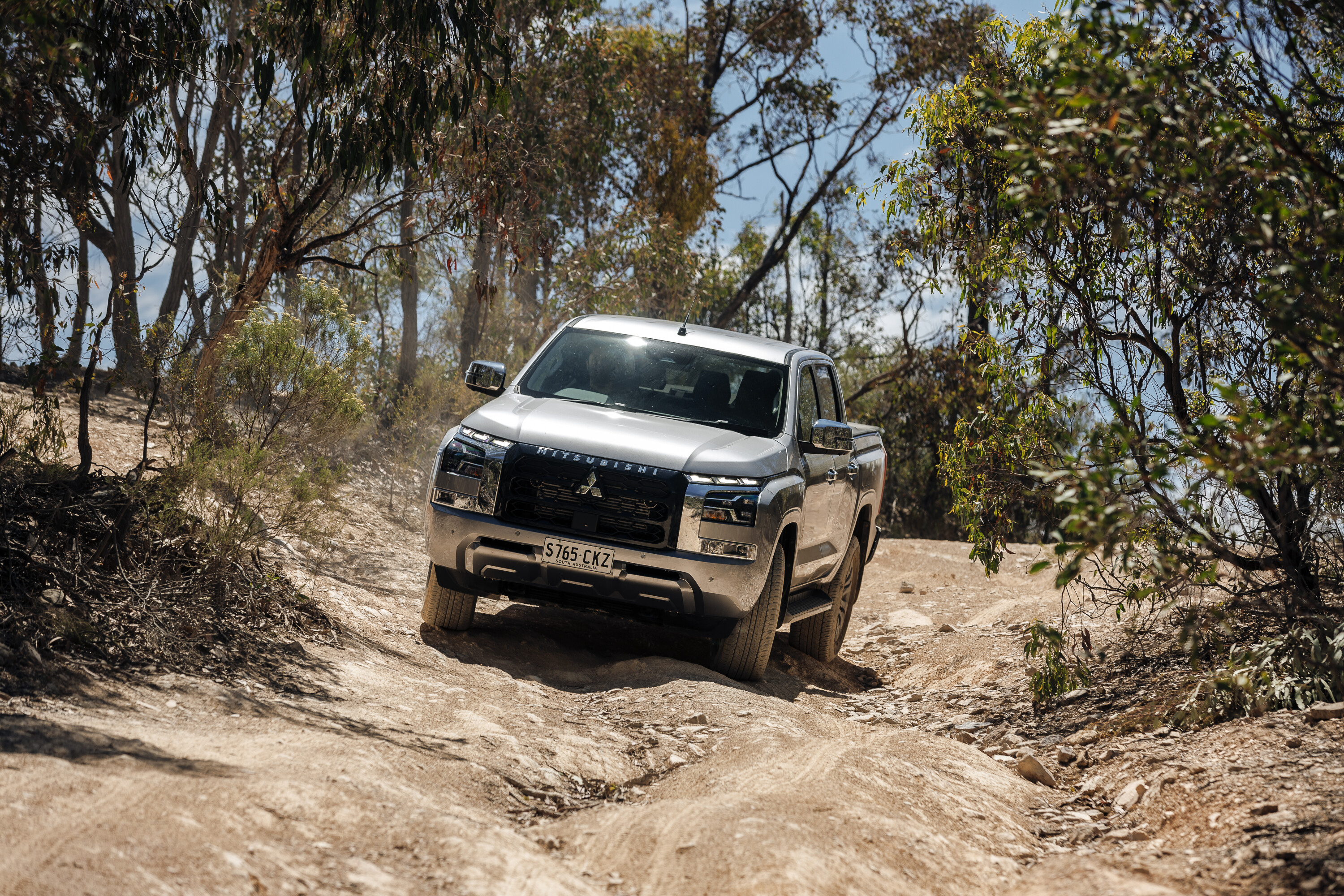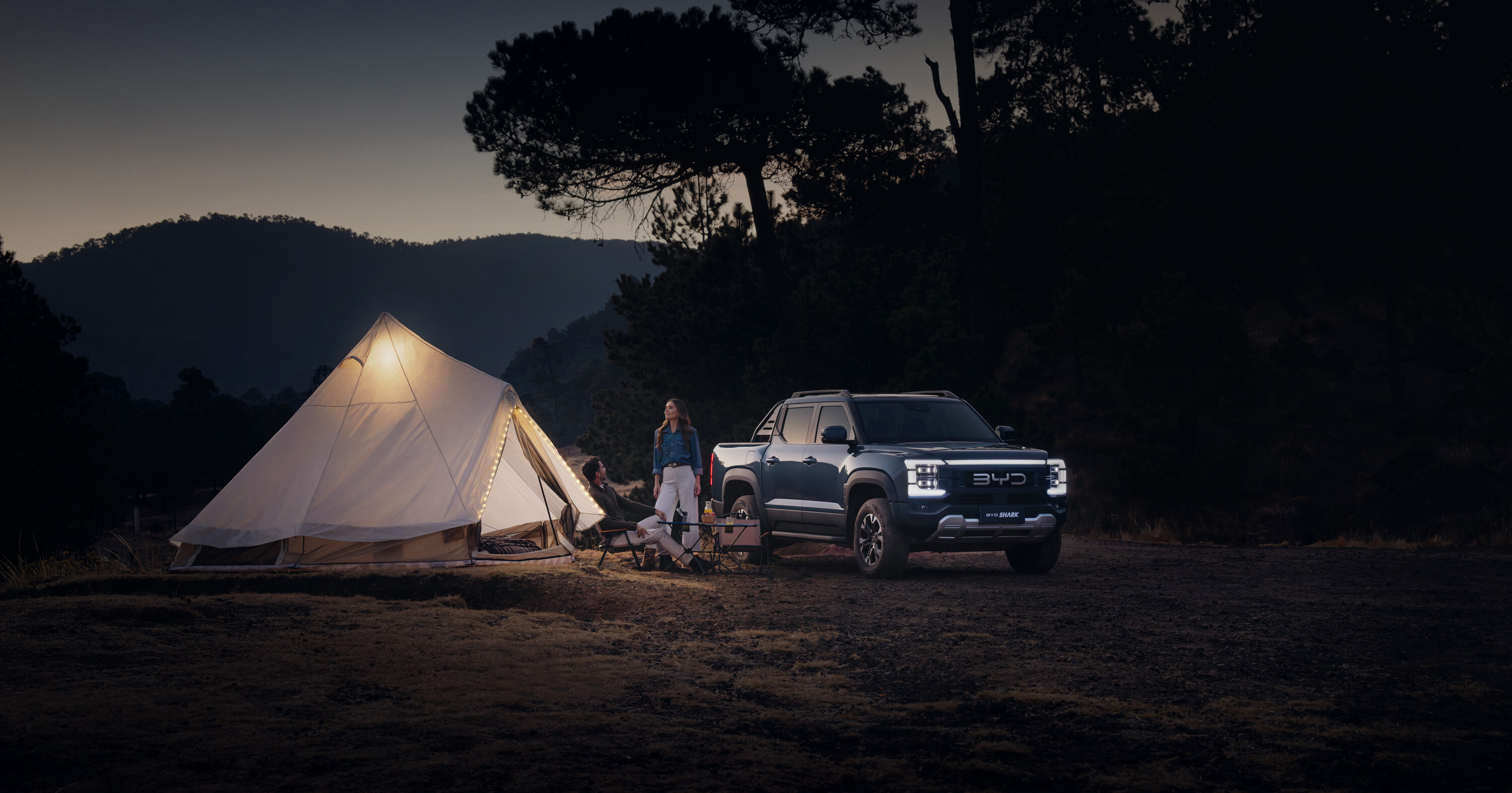Toyota may just have saved best until last.
The first official details on the new 300 Series LandCruiser have been announced and it’s coming with a brand-new high-tech 3.3-litre V6 diesel that, on paper at least, makes any previous diesel engine Toyota has produced look decidedly underwhelming. And that even applies to the recently updated 2.8-litre four in the Hilux and Prado. This new engine will also be backed by a 10-speed automatic, again a very significant leap forward.
To invest this heavily into new diesel technology when seemingly the vultures are already circling over the carcass of the internal-combustion engine, is a stunning move by Toyota and challenges any suggestion that the diesel engine (or the petrol engine for that matter) won’t have a future beyond this decade. And no doubt electric-vehicle zealots will see this investment in new diesel technology akin to building a new coal-fired power station, but best not tell them …
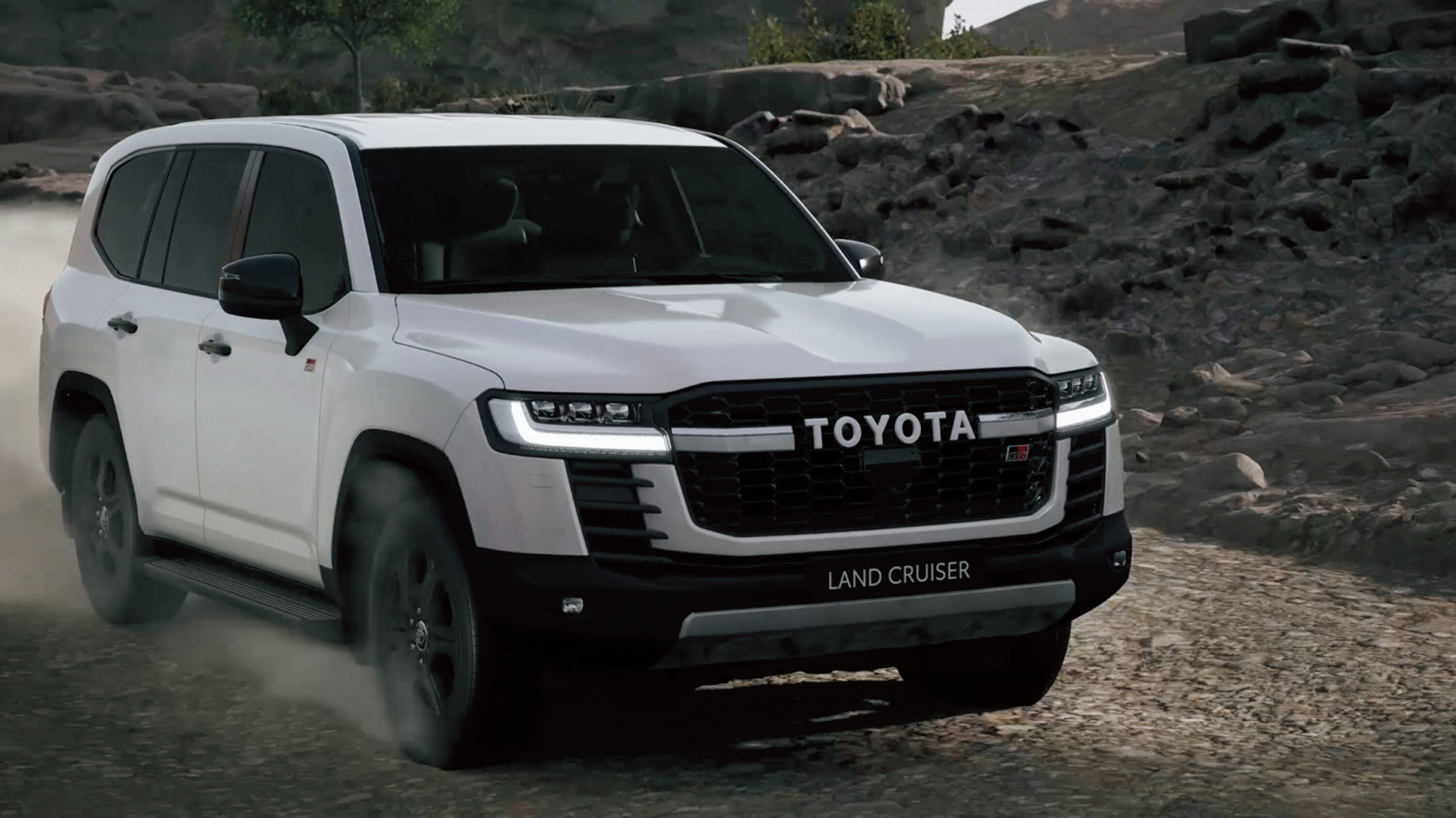
There was, of course, much speculation that the 300 wouldn’t even be offered with a diesel engine but with a petrol-electric hybrid powertrain, which is still likely to happen sometime down the track. For mine, I was convinced Toyota would revise the 4.5-litre V8 twin-turbo diesel and carry that over … perhaps not make it Euro 6 emissions standard-compliant but at least Euro 6-ready, as is the case with Toyota’s current 2.8.
Of course, Toyota could have carried over the 200’s diesel V8 without upgrading any of its emissions technology, as Euro 5 compliance is all that is required currently given the introduction of Euro 6 in Australia is only flagged for 2027.
The case for the 200’s V8 being carried to the 300 was further strengthened by the fact that in the recent evolution of the LandCruiser, Toyota’s general practice with both diesel and petrol engines is to have them span more than one LandCruiser generation.
So for the 4.5 V8 (in twin-turbo form at least) to come and go in one generation, the 200, is a notable departure from previous Toyota practice. (Note the 4.5-litre V8 engine in single-turbo form will continue in the 70 Series for the time being)
“For the 4.5 V8 (in twin-turbo form) to come and go in one generation is a notable departure from previous Toyota practice”
The fact that the 300 has been such a long time coming (arriving some four years after expectations) may in part explain this entirely new engine. At the same time it’s probably fair to say the 4.5 V8 isn’t the best diesel Toyota has ever made, with problems early on with oil consumption (especially with the 70 Series’ single-turbo version), gearbox shift protocol matching, and somewhat indifferent fuel consumption and refinement.
The refinement issue is important here as Toyota sees the LandCruiser as very much a premium product (not just as a tough 4×4) as witnessed by the fact that it benchmarked 300 Series prototypes against the Range Rover and Range Rover Sport here in Australia during its development.
The new 3.3-litre V6 diesel will make 227kW and 700Nm. To put that in to perspective and to show unequivocally what a huge step forward this is, if the current Hilux/Prado 2.8 was tuned to the same specific power and torque outputs it would make around 193kW and 594Nm instead of 150kW and 500Nm. And if the 4.5 V8 in the 200 was tuned to this level it would make 309kW and 954Nm instead of 200kW and 650Nm.
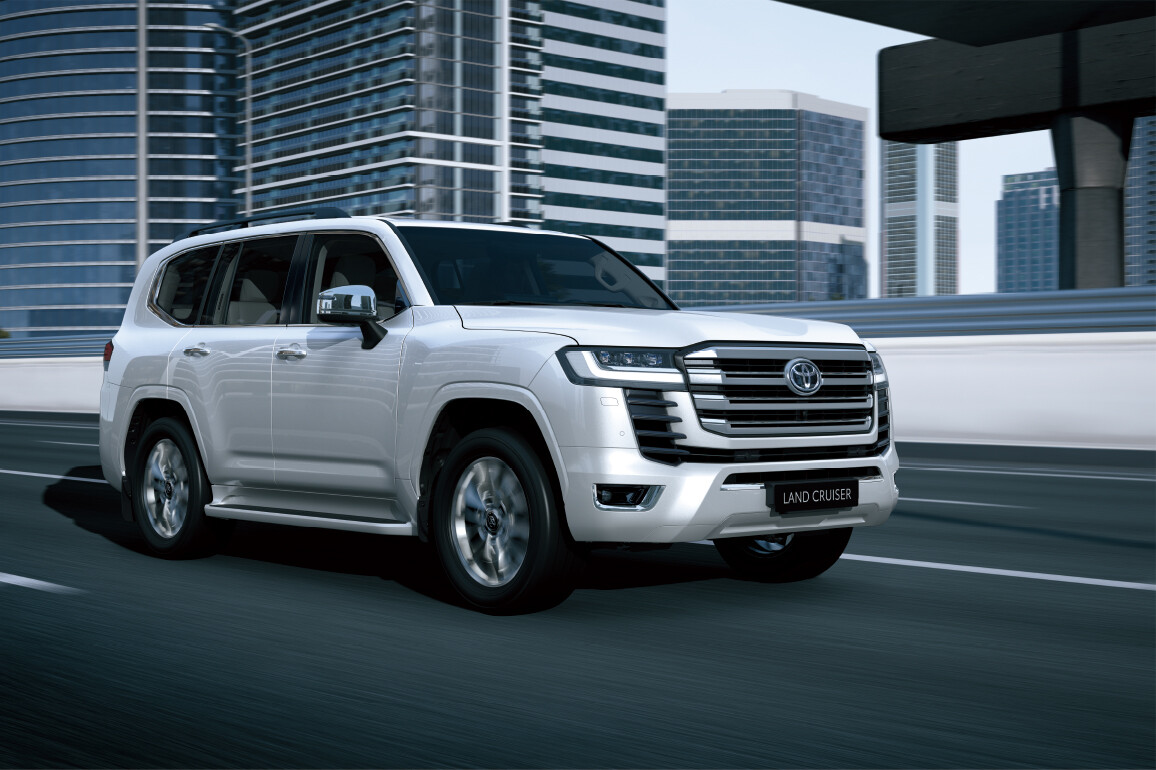
Not only is this new engine Toyota’s first diesel V6 but it’s also very much an adoption of European diesel technology, as the Europeans, especially the Germans, have been producing diesels with very high-specific power output for a good time now.
Some 20 years ago I was in Japan on Toyota’s invitation test-driving a prototype 120 Series Prado. At the time BMW had just released its first generation X5 with its in-line 3.0-litre six-cylinder diesel that made a stunning (for the time) 135kW, some 40 per cent more power than the same capacity diesel in the 120 Series Prado that made 96kW.
When I asked LandCruiser Prado chief engineer Kunihiro Hoshi at the time if he had driven the X5 diesel he said, “Yes, we bought one to try.” When I asked if Toyota would entertain similar new diesel technology he said, “Yes, we are looking.” Seems they did.

